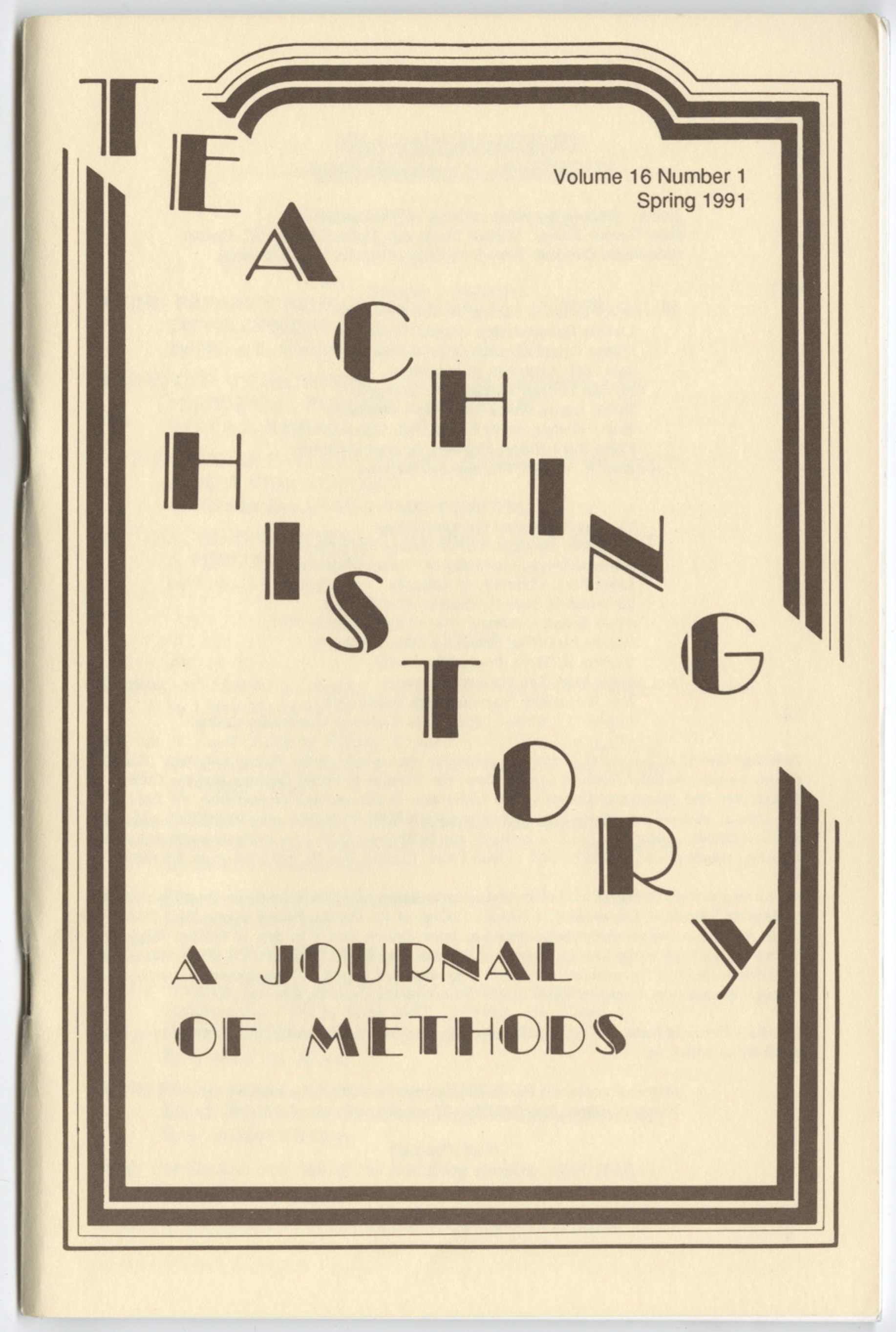Barlow, Levy, & Masugi, eds., The American Founding - Essasys on the Formation of the Constitution
DOI:
https://doi.org/10.33043/TH.16.1.52Abstract
Prepared with the explicit intention of helping to commemorate the Bicentennial of the United States Constitution, The American Founding brings together the views of several prominent historians and political scientists on the constitution-writing process of the founding fathers. The original basis for this collection of essays was the publications of the Claremont Institute for the Study of Statesmanship and Political Philosophy and of Public Research.
These essays are based on the question "Is America the best regime sought by the philosophers of old?" In their discussion, the authors point toward a renewed scholarly interest in the concept of the "best regime" as a theme in the study of the writing of the Constitution. The historians in these essays seek to understand the founding fathers as they understood themselves and focus their attention on both particular events, such as Jack N. Rakove's essay on the Confederation Period, as well as on broader themes in political thought, as Marvin Meyers and Merrill Peterson do in their essays on James Madison and Thomas Jefferson. Political scientists, on the other hand, look for the more permanent and enduring, as well as the classical, in the contributions of the founding fathers. As Thomas G. West and Charles R. Kesseler point out, the spirit of the founding fathers was a classical one, formed by a strong knowledge of the classical authors and by a classical conception of the nature of politics. However, as Michael P. Zuchert and Edward J. Erler demonstrate, they knew such modem authors as John Locke and the concept of natural rights.
Downloads
Downloads
Published
How to Cite
Issue
Section
License
Copyright (c) 1991 John T. ReillyBy submitting to Teaching History, the author(s) agree to the terms of the Author Agreement. All authors retain copyrights associated with their article or review contributions. Beginning in 2019, all authors agree to make such contributions available under a Creative Commons Attribution-NonCommercial-NoDerivatives 4.0 International license upon publication.



